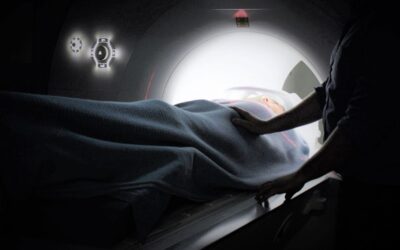In the strategic vision of SANTABARBARA HOSPITAL, the urgency of effective and forward-looking ethical impact management is felt as a priority and expresses the desire to be an example of a “sustainable enterprise” from human, social, environmental and economic perspectives.
Since its inception, Santabarbara Hospital has chosen to position itself as a model of sustainable healthcare, approaching the task of care according to an ecological approach.
That is, by establishing an effective and fair dialogue between health care instances on the one hand, and all environmental factors (social, economic, organizational) on the other, with which health care is called upon to deal.
Whenever one pauses to investigate the relationships between sectors pursuing different and even conflicting goals, ethical instances are introduced.
Questioning such relationships is essential because good healthcare is based on the ability to act freely, away from external conditioning and economic pressures.
For an enterprise to succeed financially and economically, it is necessary for it to respond professionally and seriously to the need for which it was created.
In our particular case, it is necessary for financial and economic aspirations to be subordinate to health aspirations.
Maximizing economic results is useful, but being competitive, that is, continuing to exist over time, is essential.
After all, the UN defines sustainable development as “development that ensures the needs of present generations without compromising the ability of future generations to meet their own needs.”
For this reason, Santabarbara Hospital has adopted a series of tools aimed at ensuring this possibility, first and foremost by promoting transparency within departments and externally.
Social Report
An accomplished expression of this orientation is the preparation of the Social Report, an annual statement that makes explicit in a clear and readable way the values and the system of ideas that sustains the company.
A device that gives shape to the company’s entire program of actions, from projects, to interventions, to investments.
The cardinal principle of Santabarbara Hospital’s social report is that there is no economy, or efficiency, without ethical management of resources, which translates into effectiveness.
Legality protocols
By virtue of this principle, Santabarbara Hospital was the first clinic in Italy to adopt Model 231, an organizational protocol for the management and control of crimes within the company.
Simplifying, Model 231 has the function of preventing administrative offenses in the hospital company, through a system of attribution of culpability that aims to identify, for each conceivable crime, how legal responsibilities are “distributed” among the various parties involved: the company on the one hand; its employees, officers, consultants and collaborators on the other.
An instrument, in short, that distinguishes between natural and legal persons in order to protect the company, and therefore holds individuals accountable, discouraging all those who have professional relationships with that company from committing crimes.
From an ethical standpoint, it encourages, on the part of all figures who have a role within the company or who gravitate “around” it, the observance of principles such as fairness, honesty, transparency, impartiality, moral rigor and professional integrity.
It has as its desired effect, in fact, that all actions taken within the company or on behalf of the company occur “in the light of day” and are associated with precise documentary evidence.
Santabarbara Hospital was also the first clinic in the nisseno area to sign the Legality Protocol signed in 2010 between the Italian Private Hospital Association – Aiop – and the local ASP.
An “anti-mafia” device that the company voluntarily endows itself with, which serves to counter the infiltration of organized crime into economic activities by providing for closer cooperation between the public and private sectors.
The protocol activates virtuous relations with institutions and provides strict criteria for the selection of personnel and suppliers, in the knowledge that benefiting from transparency and traceability of processes is not only the management system but above all the quality of healthcare services.
The adoption of these measures has allowed Santabarbara Hospital to be awarded the second level in the Rating of Legality, an innovative evaluation method developed by the AGCM in agreement with the Ministries of the Interior and Justice, which rewards companies that are virtuous from the point of view of legality, transparency, social responsibility and regulatory compliance.
Ethics and economics: a therapeutic alliance
In his essay Ethics and Economics, Nobel laureate Amartya Sen points out that when the economy becomes detached from ethics, it becomes impoverished, to the point of failing in its very purpose: the production of wealth.
Showing sensitivity to the ethical connotations of one’s actions means not only acting in the name of social equity or an abstract “sense of justice,” but also promoting a functional and balanced resource allocation policy.
It is, in short, not just good or just right, but also useful and strategic.
Attention to ethics means attention to people, who in choosing a good or service are always influenced by ethical questions: “Is this company pursuing my good? Does it operate in my interest or in someone else’s interest? Does it consider the welfare of its users of primary importance or does it subordinate it to profit generation?”
People ask questions, seek answers, and ultimately choose.
With their preferences they determine the success or failure of an enterprise.
And it is to people, first and foremost, that we turn.






0 Comments